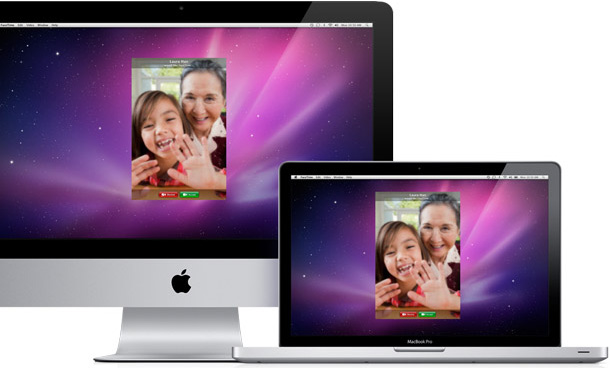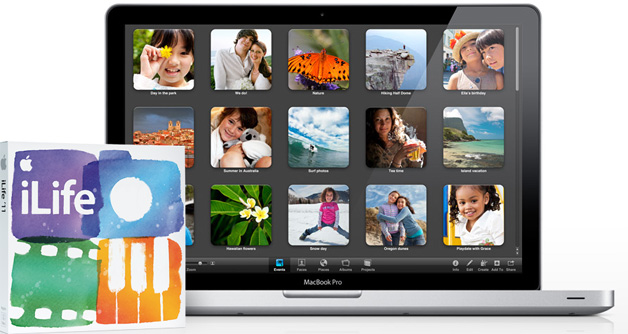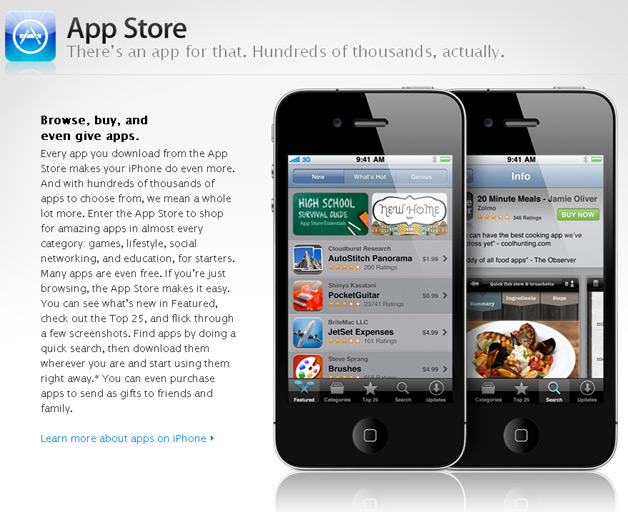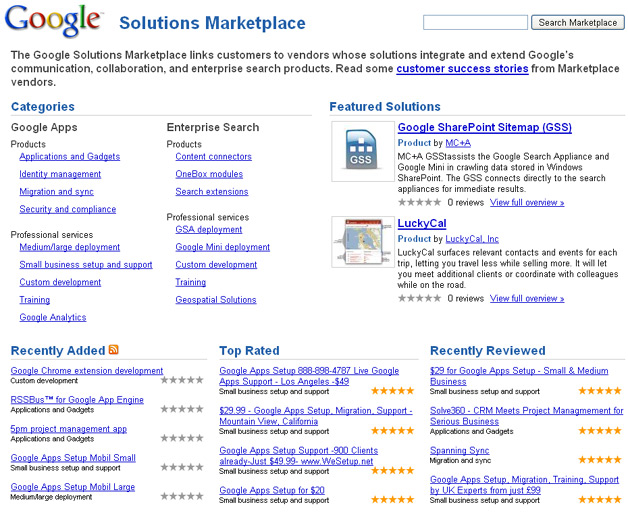Apparently, the confusing and misleading name of the Amazon AppStore for Android hasn’t had much of an impact yet, because, according to Apple’s press room, the Apple App Store has exceeded 15 billion application downloads. Considering the gist of Apple’s lawsuit against Amazon, apparently, the company is willing to say anything to secure the rights to the “App Store” phrase, even if the evidence doesn’t support the claim.
It’s hard to reconcile these two positions, but yet, here we are. Apple did announce their Apps Store eclipsed 15 billion downloads on the same day their injunction against Amazon was denied. While the lawsuit is still ongoing, Amazon can, for the time being, continue to use the phrase in question. As for the App Store milestone, considering the proliferation of Apple’s team of iDevices (iPhone, iPad, iTouch), eclipsing the 15 billion downloads mark was only a matter of time.
Currently, the Apps for iPhone store has, according to Apple’s promotional material, over 425,000 apps available for the iFamily. Concerning the significance of these downloads, Apple had this to say:
“In just three years, the revolutionary App Store has grown to become the most exciting and successful software marketplace the world has ever seen,” said Philip Schiller, Apple’s senior vice president of Worldwide Product Marketing. “Thank you to all of our amazing developers who have filled it with over 425,000 of the coolest apps and to our over 200 million iOS users for surpassing 15 billion downloads.”
So much for confusion and being misled. Apparently, that catch-all will be used to address future downloads and if they diminish? Beating a dead horse aside, PC World speculates the announcement is to counter Google’s boasts about the number of Android devices activated on a daily basis, as well as the amount of Android apps have been downloaded:
The announcement comes a few weeks after Googlers started throwing out numbers at public events showing the Android Market is quickly approaching the 5 billion download mark, and that the last billion downloads were added in only two months.
So. Is this just a case of two companies in a “whose is bigger” contest or is there real value in learning about the amount of downloaded apps each platform has had? From here, the main value received from Apple’s announcement is that the “confusing and misleading” arguments about Amazon’s use of the “App Store” phrase are bogus. Or is it their contention that if Amazon wasn’t using the phrase, the Apps for iPhone store would have more than 15 billion downloads? Or does Apple just want to have control of the phrase for marketing purposes?
Clearly, there isn’t much confusion going on, especially if you go by their claims about their download numbers.
Finally, Apple’s release indicated that over $2.5 billion has been paid out to application developers. Is that before or after they started denying certain apps, only to make a similar one themselves?


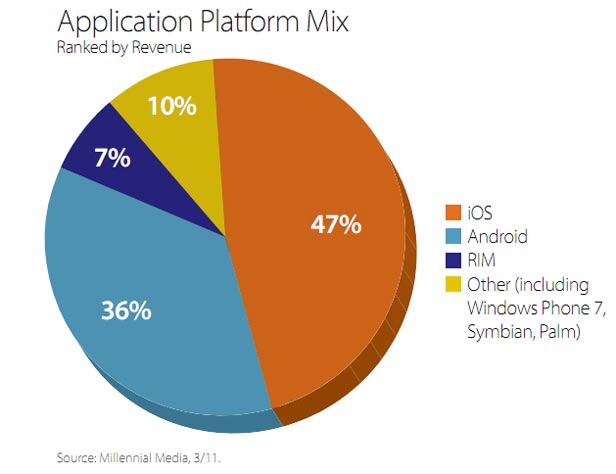
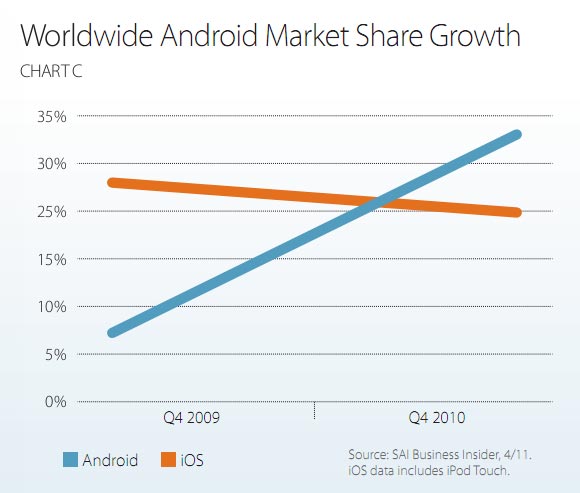

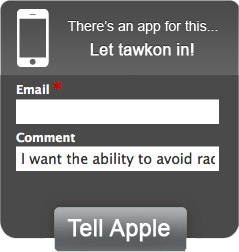

 Publishers set the price and length of the subscription (weekly, monthly, bi-monthly, quarterly, bi-yearly or yearly). Users choose the length of the subscription and are charged based on how long they subscribe. Users can manage all of the subscriptions from their personal account page. Apple keeps 30 percent of the revenue from subscriptions, the same as it does for other in-app purchases.
Publishers set the price and length of the subscription (weekly, monthly, bi-monthly, quarterly, bi-yearly or yearly). Users choose the length of the subscription and are charged based on how long they subscribe. Users can manage all of the subscriptions from their personal account page. Apple keeps 30 percent of the revenue from subscriptions, the same as it does for other in-app purchases. 
